Help
Community21 has selected some case study communities and projects to share across the network to inspire and inform others. Should we be featuring yours? If so get in touch.
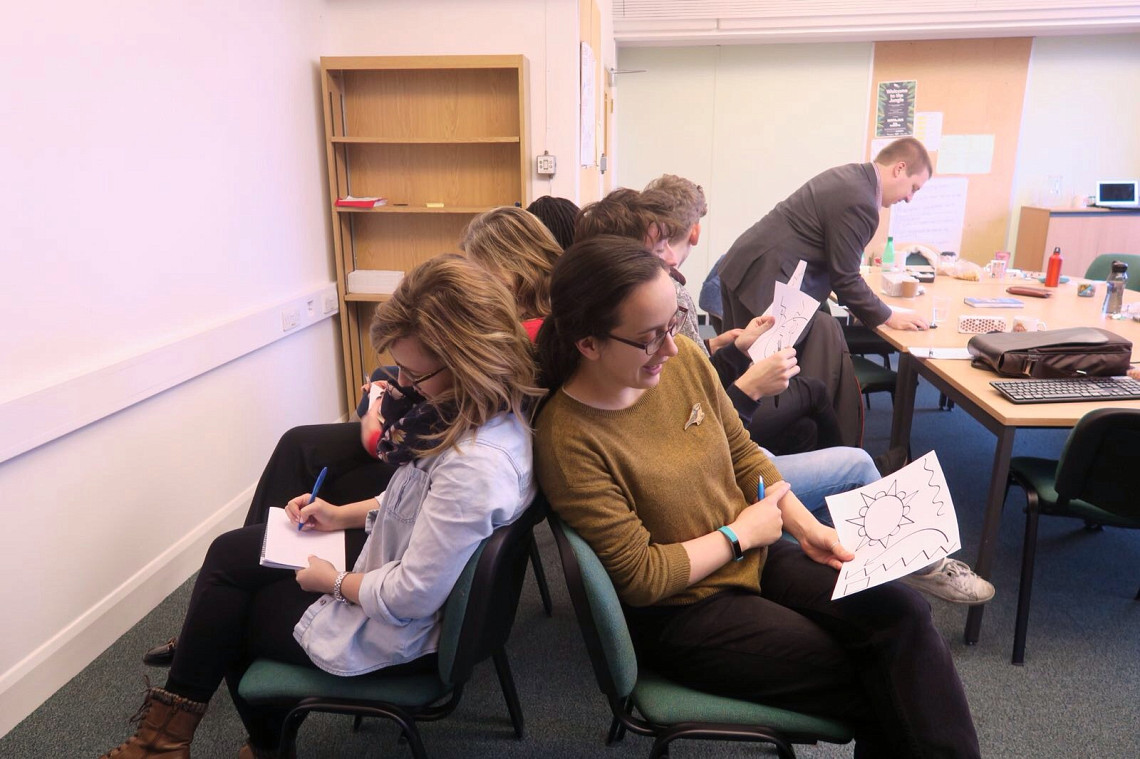
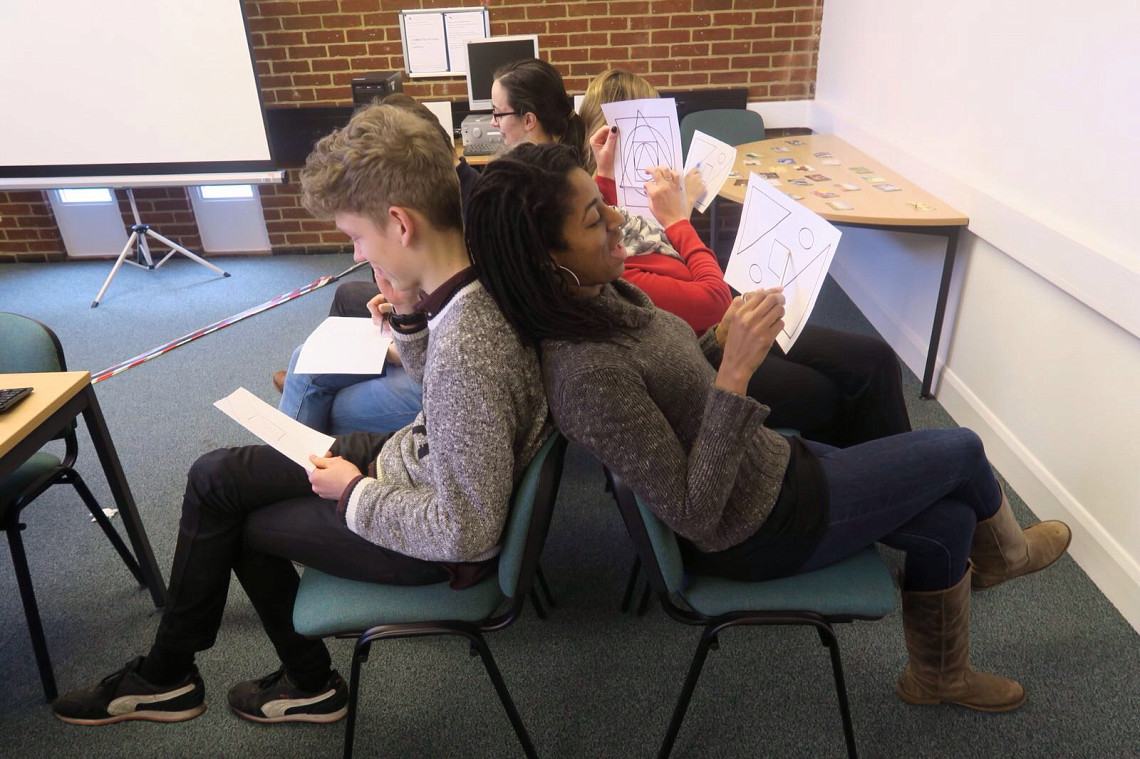
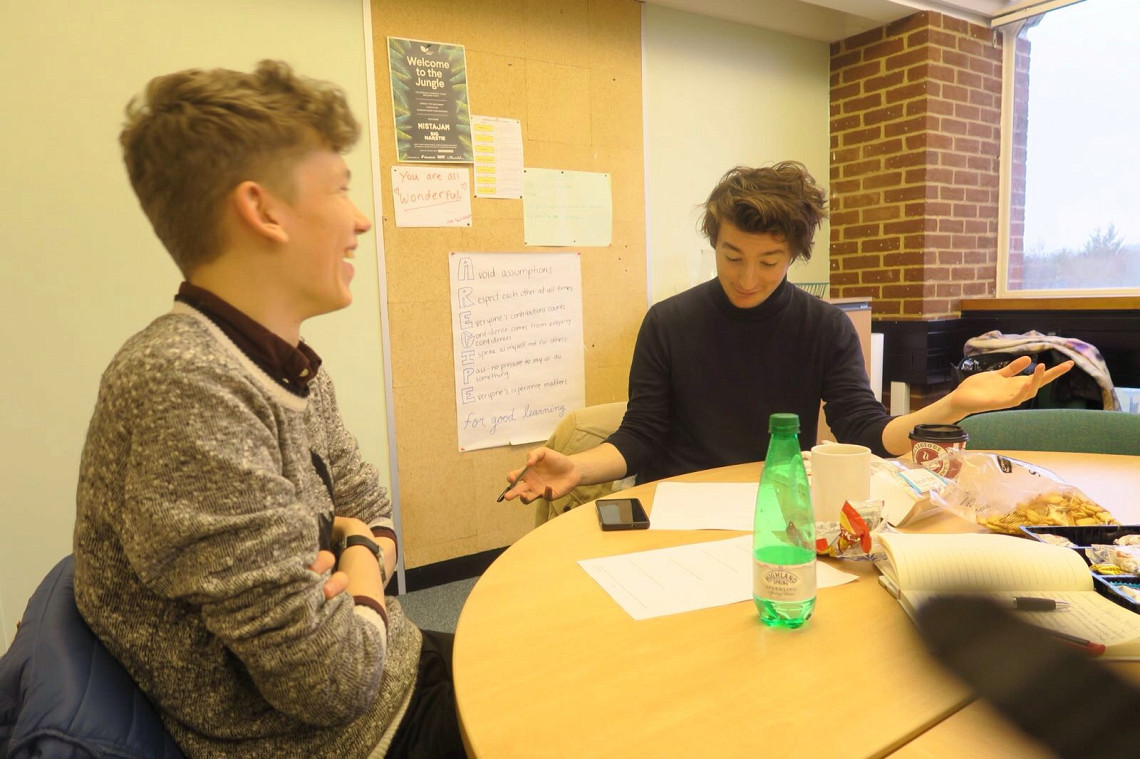
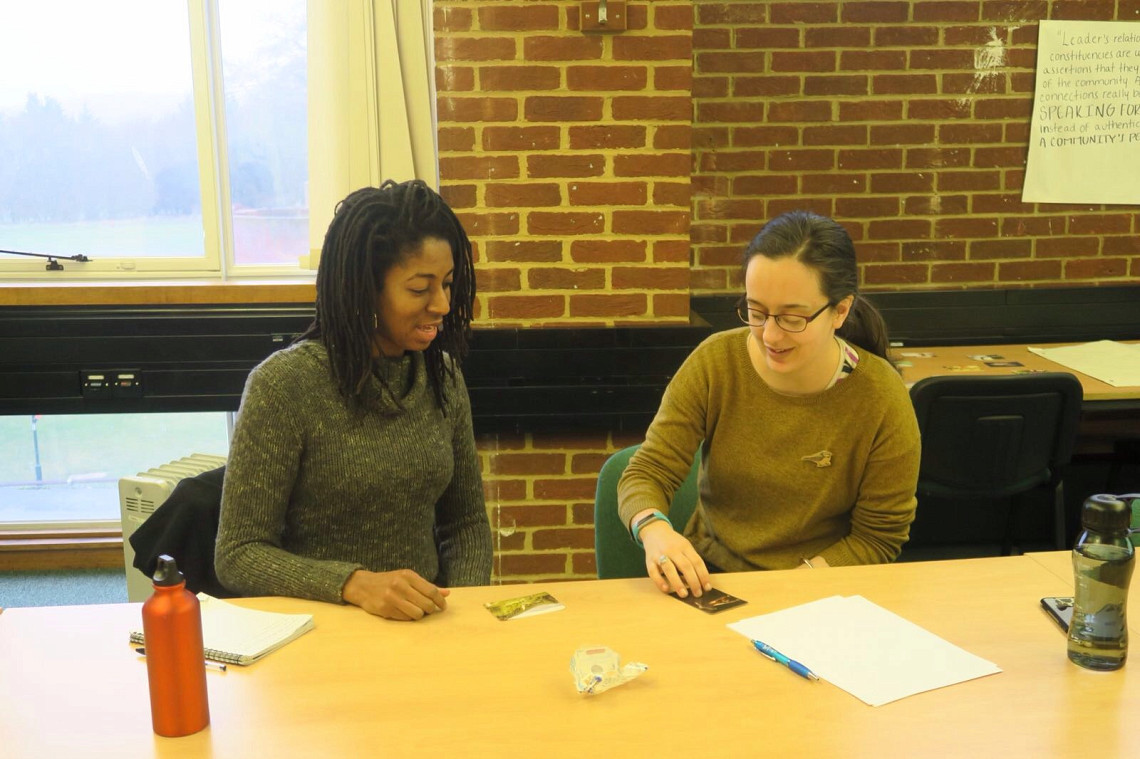
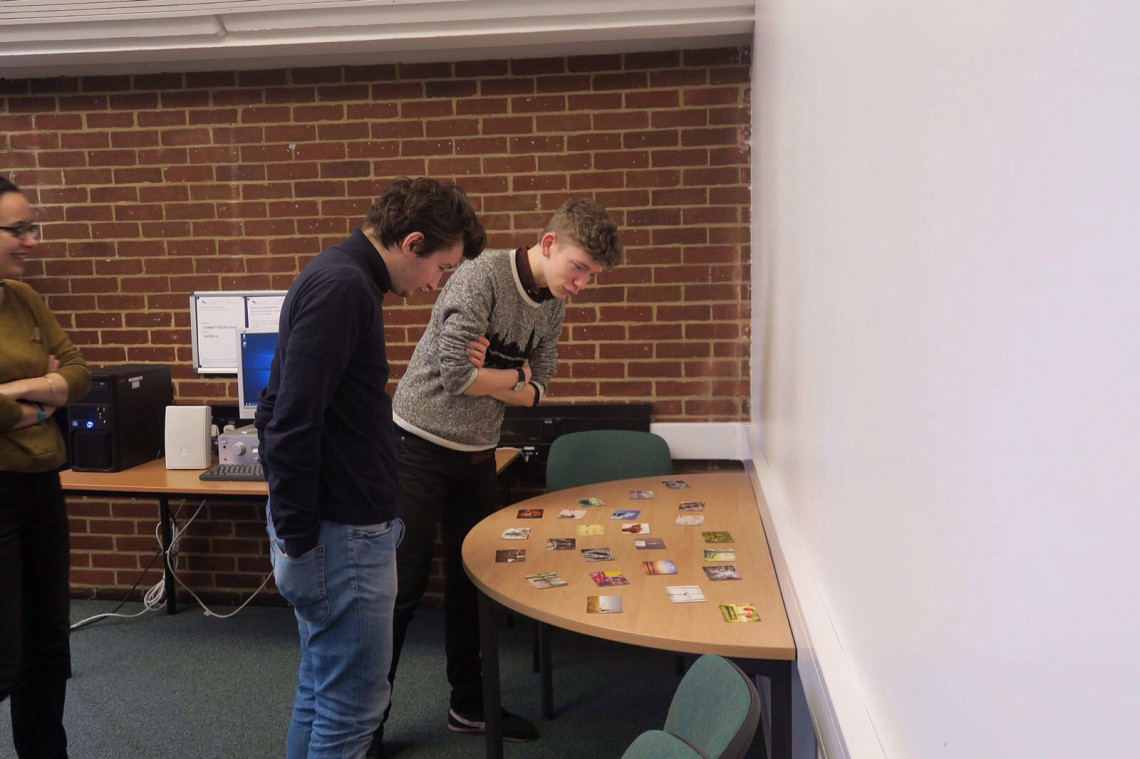
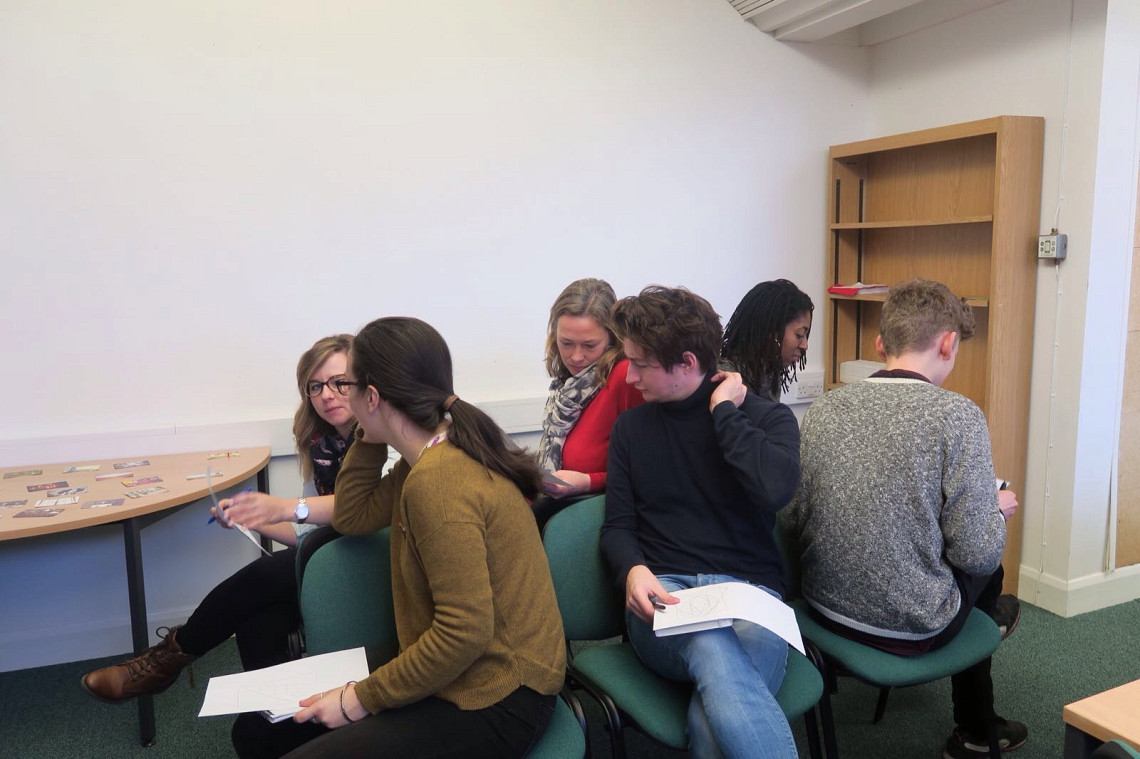
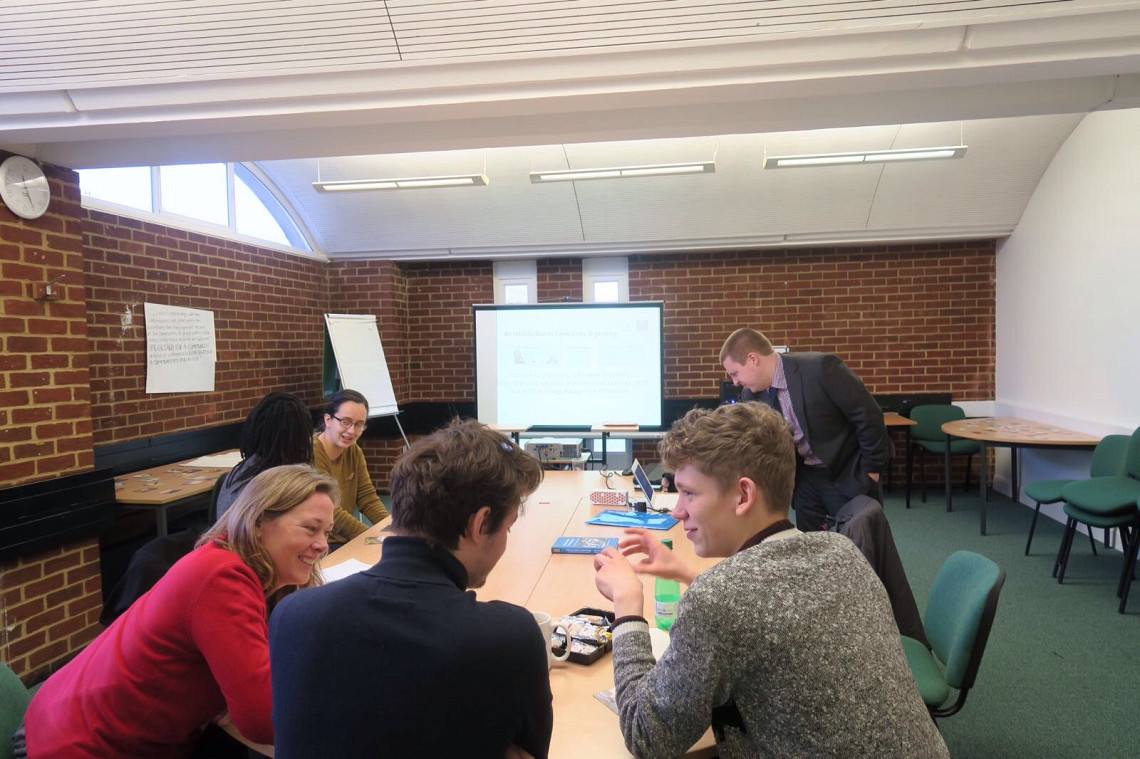
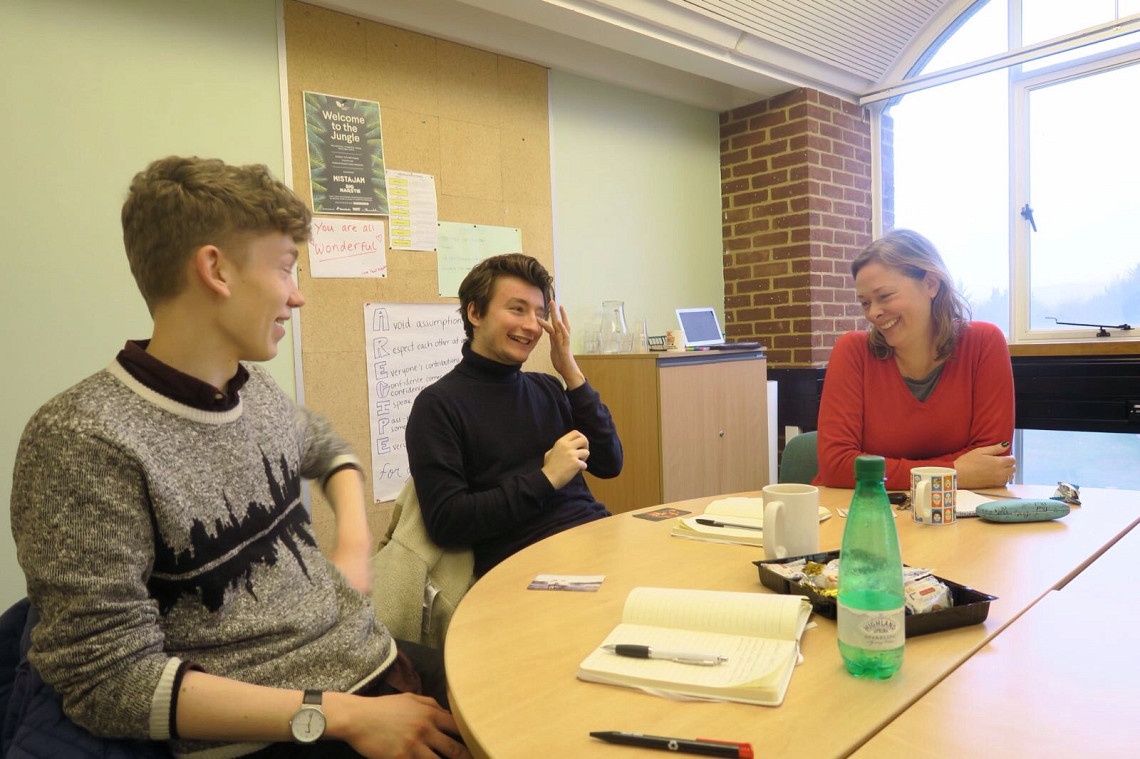
Valentina really enjoyed running this training, so much so that she decided to elaborate on the experience and write a piece about it:
Often I personally find it very hard to explain to people what is what we do, this what is this thing called Community Organising? In the past, people working in positions of authority, with power to have a great impact on people's lives, have asked me in a challenging tone: "So if you don't do anything FOR people, what do you do then?". This question often comes after explaining that the Golden Rule of Community Organising is "Never do for others what they can do for themselves" (Saul Alinsky).
To answer the question, YES, WE DO THINGS FOR PEOPLE. We share with them the skills, the knowledge, unravel their passion, treat them as equals, we create the right environment for people to discover their potential, trust themselves and take action on the things that matter to them. We don't fish for them, we teach them how to fish and we also learn from them. Most of the time, we learn together, we also become friends, we create trusting relationships and most importantly as my colleague Nick Laffan said, to do this job "You've got to believe that every person has a great idea". We believe that 100%.
We had a very inspiring day training Sussex SU Comms team. We spent the morning discussing with them about the history and ethos of Community Organising: the settlement movement, Saul Alinsky, Paulo Freire, Ernesto Sirolli...
After lunch, we spent the rest of the afternoon doing some listening games, demonstrating how to listen and how to not listen, how to move conversations to action. One student asked: "Is listening very important for community organising?", to what we answered: "Being a good listener is the core of effective community organising". Finally we ended up practising the skills learnt during the day by going to the SU bar to listen to students.
There were some concerns from the group about what to expect: What if people don't want to talk to us? What if we don't have the answers to their concerns? How do we open the conversation?
We decided to divide ourselves in 2 groups. I went around the bar with 2 students who are also staff of the SU. First, we tried to talk to a girl, but as one of the students said "the fear in her eyes" when she saw us, was enough to move on to our next person (ha!). We found a guy who had just finished eating. I opened the conversation to give an example of how to start talking to random strangers, which you need to do often when community organising.
The guy was a Chinese student, doing a Masters in Finance. At the beginning he was a bit confused about what 3 people were doing there trying to ask him what he loved about being a student at Sussex Uni, but after a few seconds, as it happens with most people, he relaxed and started telling us that he really liked the campus, the green areas, that he was happy with his course. We then asked him "is there something that concerns you about studying here? Something you would like to change?" To which he said: "Yes, can I make a suggestion? Why is there no Chinese food served in this bar? My friends and I would like to have Chinese food in the bar"
There are 2 ways that the students that were with me could have handled this conversation. One, say "yes, we will talk with the bar manager and take your suggestion to her" (Do FOR people). Second, with a community organising mindset, which is the way it happened. The students offered the Chinese student to meet him at the bar again next Monday at 11 am and together they will share this idea with the bar manager.
We later met with the bar manager by chance and briefly told her about what happened. She said that they have had Chinese food before, but that Chinese students didn't like it much, to what the students said: "What if we ask the student if he wants to do a focus group and we propose him to invite his friends?" The bar manager said that was a great idea! All of them agreed to meet on Monday to discuss it further.
One of the students who I was coaching in community organising and who is a Languages student said: "We could also ask him to translate the poster in Chinese to make it more approachable for other Chinese students" Yes!!! AMAZING idea, why not do the poster together? :)
We then head back to the room to do some reflection on this experience.
One of the things mentioned by one member of the Comms team was that they often refer to Asian students as part of their "hard to reach demographic", but that perhaps the reason why they are hard to reach is because the SU hasn't tried enough or hasn't tried in the right way to engage them. Another reflection was, that yes, building these sort of relationships takes time, but once you do this work and establish this culture of "we will support you to do it, but ultimately it will be you who does it", you will be empowering people, allowing them to learn new skills and letting them know that the next time they want to do something similar in whatever area of their lives, they are perfectly capable of taking action on their idea and know how to involve others to make it happen. It starts with what looks like a superficial idea such as having Chinese food in the bar, but under that lies endless possibilities of understanding and empowering this so called "hard to reach" group by creating trusting relationships with them, making you reflect on how to better engage with them.
As for the students we were coaching that day to work with a community organising mindset, we could see in their excitement that this new knowledge they had: the importance of listening, of being able to inspire others to take action on the things that matter to them, was a positive revelation of the possibilities within them to make things better for the organisation they are part of and its members, who are students just like them.
Alice Walker said "the most common way people give up their power is by thinking they don't have any"
We are looking forward to our next session with them again. We want to see the amazing ideas they will have now that they know the power that lies within them.